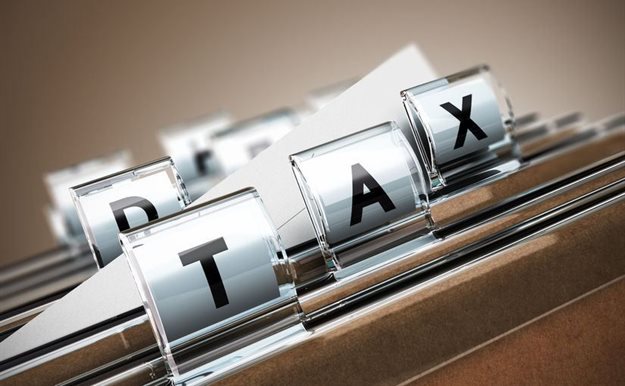Cash-constrained companies faced with scheduled dividend payments could find themselves and their preference shareholders in further financial straits if they do not act swiftly. Missing a dividend payment without renegotiating preference share terms could have devastating income tax implications.
"The Covid-19 pandemic has already upended companies’ finances in many ways and a new threat is looming – the possibility that a dividends default could trigger income tax," says Roné la Grange, partner in the Tax Practice of African law firm, Bowmans.
La Grange says it is crucial for companies to be aware of the tax risks of defaulting on scheduled dividend payments. Whereas preference dividends are ordinarily exempt from income tax, the stark reality for many preference shareholders may be an unexpected tax liability.
A dividends default could precipitate this by changing the tax profile of the preference shares.
"Often the occurrence of a default event, such as missing a scheduled dividend payment, gives the preference shareholder the right to demand redemption or places an obligation on the company to redeem," says la Grange. "Whereas preference dividends are ordinarily exempt from income tax, a right or obligation to redeem is one of the debt-like features that may trigger taxation of the dividends."
This may not only affect future dividends but all dividends declared during the year of assessment in which the right or obligation to redeem arises.
Renegotiate terms before payment is due
La Grange points out that there is a difference of views on the tax impact of a trigger event such as missing a scheduled dividend payment.
"The first view is that because there is an existing right or obligation to redeem, preference shares will not become taxable provided the trigger event occurs three years and one day after the original date of issue.
"In terms of the second view, the right or obligation to redeem the preference shares is interpreted as a new right or obligation which arises on the occurrence of the trigger event. This results in the taxation of dividends even after the initial three-year period because it qualifies as a new 'date of issue'."
However, it is best not to "hang one’s hat" on interpretation, la Grange says. "It is vital that companies with cash constraints renegotiate their preference share terms in advance of a scheduled dividend payment – unless they already have appropriate control measures in place."
For example, with some preference share terms, the right or obligation to redeem does not arise immediately on the occurrence of a payment default. Instead, the company is given a period of time in which to remedy the situation.
However, tax can still be triggered if the remedial action is insufficient. "Thus, when renegotiating the payment profile of preference shares, such as an extension of the final redemption date, care should be taken to avoid creating redemption rights or obligations," says la Grange.
Take care with early redemption
Companies should also be cautious when negotiating the early redemption of preference shares. "If agreement is reached to redeem a portion of the preference shares early, which includes the payment of accrued dividends, the new obligation to redeem could result in the taxation of the dividends. The fact that the issuer may have had the right to voluntarily redeem early would not then be relevant. If the parties reached a new agreement to redeem a portion early, it would not qualify as a voluntary redemption."
La Grange says there is a growing likelihood of dividend payment defaults given the impact of the Covid-19 pandemic.
"The strain on cash due to Covid-19-related business interruptions has already caused companies to pay significantly lower dividends. Dividend yields are unlikely to rebound soon. The pressure on liquidity is anticipated to also impact the ability of companies to redeem preference shares or to pay scheduled preference share dividends. Tax needs to be front of mind when renegotiating preference share terms to address liquidity constraints."














































